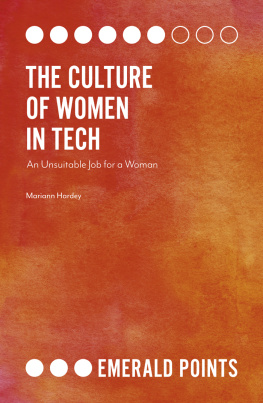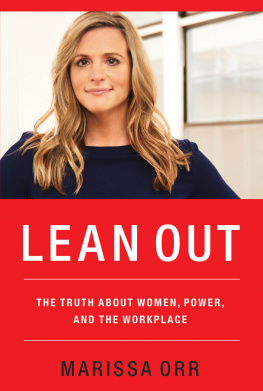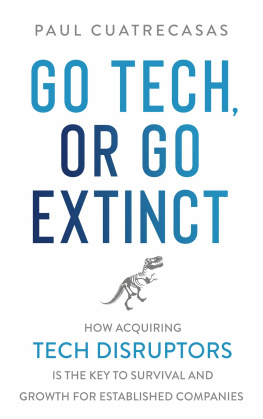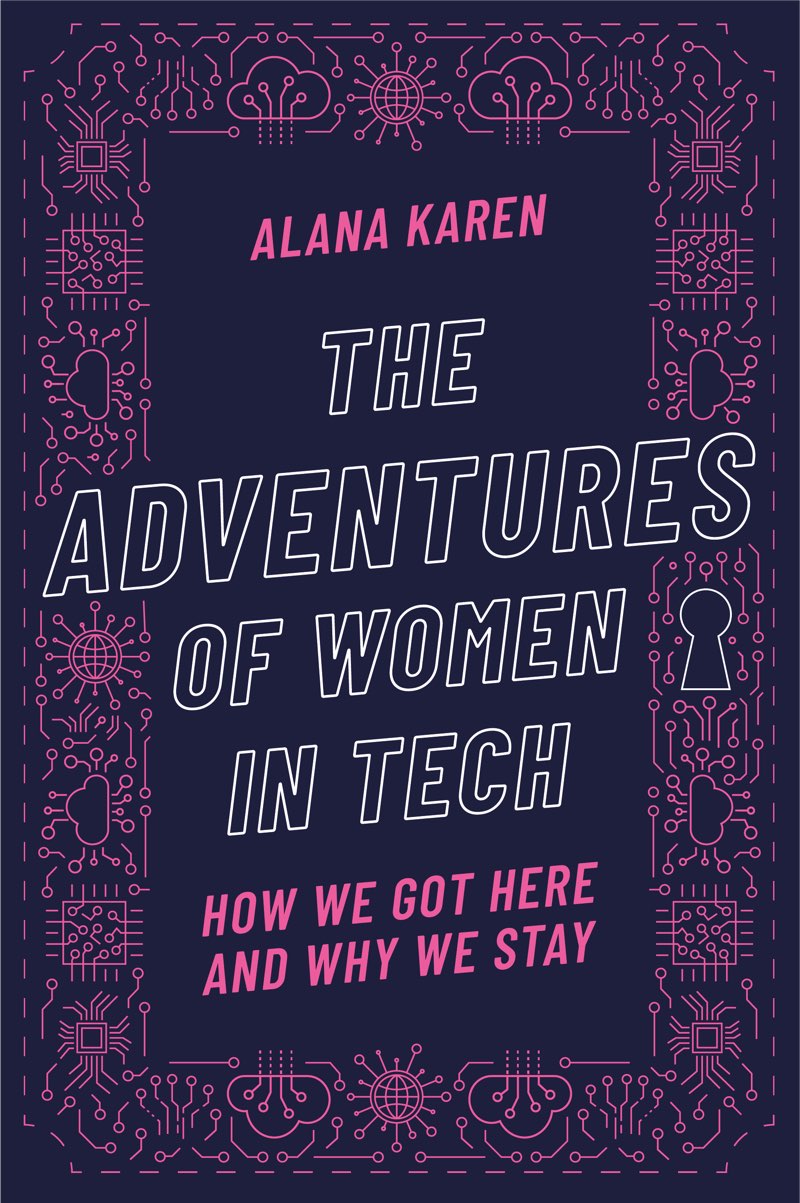Copyright 2020 by Alana Karen.
All rights reserved.
No part of this book may be reproduced in any form or by any electronic or mechanical means, including information storage and retrieval systems, without written permission from the author, except for the use of brief quotations in a book review.
To my grandmothers, who loved to read and believed in lifelong learning, and my children, who are following in their footsteps
Introduction
I was born in 1977 when earlier feminism was very much in style. My mom did not like Barbies and forbade me to watch television shows with poorly written female characters. Threes Company sent her over the edge. The core storyline: Jack Tripper, played by the charming John Ritter, pretended to be gay so that he would be permitted to live with two women who wore short shorts. The landlord was really nosy. Comedy ensued. No, it hasnt aged well. Ritters smile was killer, thoughbut I digress.
Many kids dont experience living away from their parents for the first time until the age of eighteen, when they head off to college and move into a dormitory. In my case, I was born and raised in one. My mom worked for Douglass College, the all-women campus of Rutgers University in New Jersey. She was an area coordinator, which was a weird hybrid of general manager, landlord, and dorm mom. My memories of her job run the gamut. She ran multiple dorms, which frequently meant dealing with dramatic fights, loud music, and burnt popcorninduced fire alarms. She also organized a complicated manual process for the dorm room lottery each year, which involved a massive cork board and the use of many colors of paper. She was called in the middle of the night for attempted suicides and consulted with troubled students. She had to maintain files for each student and signed off on them every year in folders filled with dot matrix computer paper. She was working on that project the day I was born.
My moms feminism was mighty and angry; it wasnt an option. According to the National Committee of Pay Equity, women earned 58.9 percent of what men did the year I was born. No wonder my mom kept working after her labor pains started. Salaries slowly rose through the 1980s, reaching 66 percent as compared to men by 1989. My mom was the primary income earner in my house throughout my childhood, and after twenty years of working at Rutgers, she made only $5,000 more than my starting salary of $35,000 at my first job at a start-up.
Growing up, I had the luxury of believing her feminism was funny. She often wore a bright red T-shirt she received at a conference that I called the weeman, wyman, wooman T-shirt. It listed all the various ways women had been spelled over the centuries. As a child, I thought this was ridiculous since most of the spellings were hilarious. Now I realize it was a tale of survival no matter what we were called.
By the time I was looking for a job at the age of twenty-two in 1999, I thought people had evolved beyond this inequality thing. After all, women were graduating college at a higher rate than men, so we were all caught up, right? I didnt ask whether more women were weeded out by certain courses than others. Or did men fare better in the on-campus job interviews for some companies than others? I didnt pay much attention at the time.
I naturally gravitated toward liberal arts classes and graduated with a history major. With my interests leaning away from the moneymakers of the era, I considered myself my own worst enemy. But one thing saved me: I was really into the internet. My father had introduced me to computers early in life, and I was comfortable around them and already a fast typer. I liked making websites, combining art and technology to make clear and beautiful content with the tap of my fingers. I taught myself HTML and by 1997 was convincing professors that I could turn in web projects instead of essays. I enjoyed internships where I could get my hands dirty and fix their websites, and I talked myself into an internship at Darden Business School working on Adobe Flash designs even though I was technically underqualified. And thats where, in a dark room, with men typing away who knew more than me, like some secret club, I should have noticed that I was a woman.
But I didnt.
Being raised by equality-minded parents who were tough on me because I could always improve, I accepted criticism as part of life. I was also used to being underestimated. I stand proud at the cute size of five feet one inch and come across as nonthreatening. I was accustomed to having to prove myself and had already gotten used to surprising people with my wit and intelligence. Didnt everyone have to prove themselves?
But the men in that lab at Darden were closed off, always coding quietly in the darkened room. I had to pick up many skills on my own. In fact, the manager of the lab made it clear that no one was going to slow down for me; I had to earn my spot. As this was 1998, there werent any accessible classes on Adobe Flash programming available. One dude semi-befriended me; I sat next to him and made myself hard to avoid. I looked over his shoulder and quietly kept learning.
The combined experience of internships and online projects garnered my first job as a webmaster at my alma mater, the University of Virginia. I again talked my way into the position, convincing my former professors that I could revamp and modernize the School of Arts & Sciences website. I sensed that the most important criteria to them, more critical than technical skill, was making a beautiful website in keeping with the values and aesthetics of Jeffersons university. I went all out showing them the possibilities of different hues of cream and solid content management, and I got the job.
When I started in the summer of 1999, the webmaster for the University of Virginia, also a woman, nearly lost her mind. She could not believe a history major with essentially zero experience had been hired. She wanted to be responsible for all the websites to make sure the approach was consistent across the universitys portfolio, and now a twenty-two-year-old was thwarting her plan. Once again I had to prove myself, and I found that listening to people and relationship management were far more critical than my technical skills. When I completed the successful revamp of the site only months later, Id managed to convince her and her colleagues that I was not a mistake and was, in fact, talented.
Did I ever once think, If I were a man, I wouldnt have to convince them? Nope. I had zero clue that was a thing. Doubting my abilities seemed logical. After all, I had followed the age-old philosophy of Fake it until you make it, and I didnt look around and think anyone else had it easier than I did.

Its only been in recent years, as I reflected on my career and story, that I saw something painful. If I had been only slightly less confident, only slightly more hurt, I would have quit. What if Id been more offended? If Id thought that as a woman I couldnt or wouldnt be taken seriously or couldnt be myself? The successful and meaningful career Ive had, in a Sliding Doorstype scenario, could have turned out very differently. If I had decided that the battle wasnt worth fighting or that the lack of welcome meant I didnt belong, I wouldnt be here with twenty years of experience in tech. Its the risk in the whole situation that I find painful. Women like me have persisted and gritted our way forward. But what if we hadnt? And what about the many who dont join tech? Or join but dont stay?







